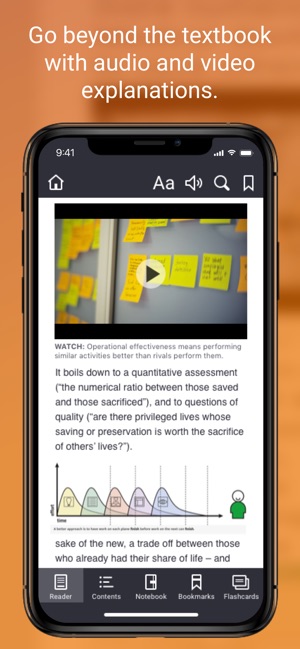
CHEGG EREADER FOR MAC HOW TO
If you have a Chegg account but not a paid subscription, you can use Math Solver for only three problems per day, and you don't get the detailed explanations of how to arrive at the answer. Students in courses that use algebra, calculus, or linear algebra would benefit from it. Math Solver lets you submit math problems to the site and get an answer with an explanation of how to do each step toward the correction solution. You can buy one service singly ($9.95-$19.95 per month) or a bundle of all the services ($19.95 per month).
CHEGG EREADER FOR MAC FOR FREE
For service-oriented pieces, like getting help with math homework or writing papers, you get a little taste for free but otherwise have to pay. When you sign up for a Chegg account, you can access some of it for free, including the flashcard app, money advice, and listings for scholarships and internships. Chegg needs to do a better job of making the rules clear from the start. For paying members, it makes little sense. While the device limit may be in place to prevent password-sharing, it seems tough on students who might be using library computers and school-issued devices in addition to their personal devices or those borrowed from friends and family. That page explains that you can remove and replace up to one device once every 30 days.Ī common complaint among Chegg paying members is they aren't aware of the device limitation and suddenly find themselves locked out of their account. There is a help page that explains how to register and unregister devices, although you have to search to find it it isn't anywhere obvious. This information isn't made clear in any of Chegg's signup pages (we verified it with a Chegg representative). For Chegg Math Solver, the mobile app lets you snap a picture of an equation and upload it to get help solving it, rather than having to type it into an onscreen calculator, as you must do in the web app.Ĭhegg paying members can only have two registered devices at a time. The apps are Chegg Study, Chegg Math Solver, Chegg eReader (for accessing digital books), and Chegg Prep (flashcards). You can access nearly everything Chegg has to offer from the website and the companion mobile apps.

If they're using Chegg to understand how to arrive at answers, which is part of what Chegg provides, then perhaps it's a fruitful exercise with positive learning outcomes. If they're paying for answers and passing them along as their own work, that's cheating. Is it considered cheating to pay Chegg or other similar services to get answers to questions found in textbooks? You can always make the case that whether a student is cheating comes down to how the student uses the information they obtain. It would be remiss not to mention Chegg's ethical quandaries. Chegg used to offer a tutoring marketplace as well, but that is actively being phased out as of 2021.


Inside the site are several sections: Books, Study, Writing, Flashcards, Math Solver, Internships, Scholarships, and Money.
CHEGG EREADER FOR MAC PASSWORD
You can use any old email and password or by authenticating with Apple, Google, or Facebook. edu email address to sign up, for example. As far as we could tell in testing, no one verifies this information. When signing up for a free Chegg account, you have to indicate that you're a student or educator, and, if a student, your level (high school or college) and additional details, such as which college or university you attend and your year.

For help with writing, Grammarly is a wonderfully useful tool, especially for writers whose native language isn't English, though-like Chegg-it's also expensive for the student market. For flashcard apps, we like Quizlet more than Chegg because it's easier to use and has great multi-language support, meaning you can use it to study in tandem with a language-learning program.


 0 kommentar(er)
0 kommentar(er)
